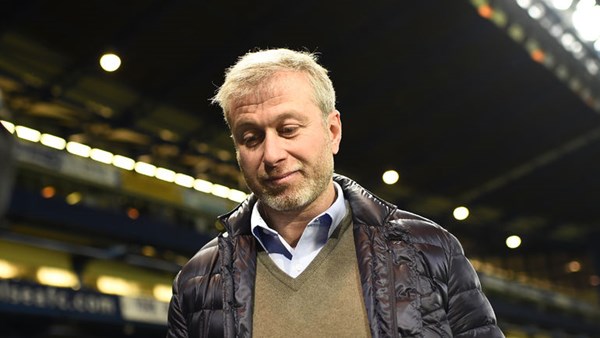Billionaire Abramovich dumps Russian assets in preparation for sanctions
The billionaire Roman Abramovich, who was blacklisted by the US in April last year, had his British visa revoked and was forced to acquire an Israeli passport in the summer, has systematically been selling off his Russian assets.
On 7 March, Abramovich, the 11th wealthiest person in Russia with $10.8 billion, sold the Russian bank VTB his 20% share in Channel One that he had owned since the early 2000s, after acquiring a package of shares from Boris Berezovsky.
One week later, on 13 March, Abramovich’s Crispian Investments fund disposed of 2.7 million shares of Nornickel – 1.7% of the company’s capital. The deal was done through an accelerated collection of bids, and the securities were dumped on the market at a 7.5% discount to the market price.
Another five days later, on Monday 18 March, it was learned that Abramovich had decided to sell 0.8% of his primary asset – the metallurgical and mining company Evraz.
Abramovich’s offshore fund Greenleas International Holdings Ltd., Alexander Abramov’s Abiglaze Ltd., Alexander Frolov’s Crosland Global Ltd. and Toshi Holdings Ltd. announced on the London Stock Exchange website that they intend to sell 25.4 million Evraz shares (1.8%).
Abramovich’s company will account for 42.25% of the shares being sold. As with Nornickel, the deal will take place through an accelerated collection of bids. The placement will be organized by Citigroup Global Markets Ltd., Credit Suisse Securities and UBS Europe. The sellers must undertake not to sell any more Evraz shares for 60 days after the deal. At present, Abramovich holds 30.5% of Evraz shares, Abramovich holds 20.69% and Frolov has 10.33%.
It is possible that the billionaire is preparing for US sanctions by getting rid of assets linked to the Kremlin (e.g. Channel One). Abramovich may also be trying to withdraw from his position as a major stakeholder in Evraz, an analyst from a major rating agency believes. However, it is not impossible that the oligarch has simply decided to cash out on shares while Evraz’s results are good and there is a large demand for its stocks, he notes. On the other hand, the three consecutive deals to sell Russian assets do not make this option likely.
The hard cash at Abramovich’s disposal is needed by the Kremlin. RBC reported in December that the president’s administration has considered the billionaire and Evraz as a source of funding for the construction of the Moscow-Kazan high-speed railway. His funds will be used to fill in the financing gap for the railway project, which has been rejected by Chinese investors twice in the last three years.
Russian Railways estimates that the project will cost 1.7 trillion rubles. The government is prepared to provide 700 billion from the federal budget, but around 1 trillion rubles ($15 billion) will need to come from other financing sources.
